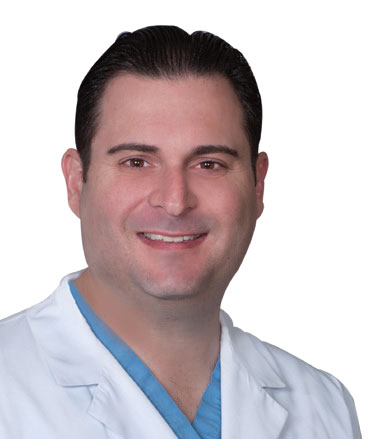-
-
Loading

Loading

If medically supervised diet, medication and exercise regimens for weight loss have been unsuccessful, bariatric (weight-loss) surgery may be for you.
The Manatee Weight Loss Center Team Works Closely with Patients
“Weight-loss surgery is a tool, but it’s up to the patient what they do with this tool,” says Stelios Rekkas, MD, FACS, FASMBS, Director Of Weight-Loss Surgery at Manatee Memorial Hospital.
At Manatee Weight Loss Center, patients work closely with their surgeon, a nutritionist and a bariatric coordinator to learn specific guidelines for how to care for themselves after surgery. The bariatric team provides individualized recommendations for diet and exercise. It’s also important for patients to attend support groups both before and after their weight-loss procedure. “We really focus on educating our patients so that they can be successful in managing their weight for the rest of their lives,” says Dr. Rekkas.
Statistics
Obesity rates in the United States are the highest in the world, according to recent World Health Organization statistics. The disease puts one in three U.S adults at risk for harmful medical disorders, and the longer it takes to lose weight, the more likely that a serious medical condition can develop and shorten an individual’s life span.
Surgical and Non-Surgical Options for Weight Loss Obesity-related conditions include hypertension, diabetes, heart disease and sleep apnea. There are surgical and non-surgical options at Manatee Weight Loss Center that can help to reduce or eliminate these illnesses and others.
These include:
To register for a free monthly weight-loss seminar, visit msaweightloss.com or call 941-896-9507.

Stelios Rekkas, MD, FACS, FASMBS, Director Of Weight-Loss Surgery at Manatee Memorial Hospital